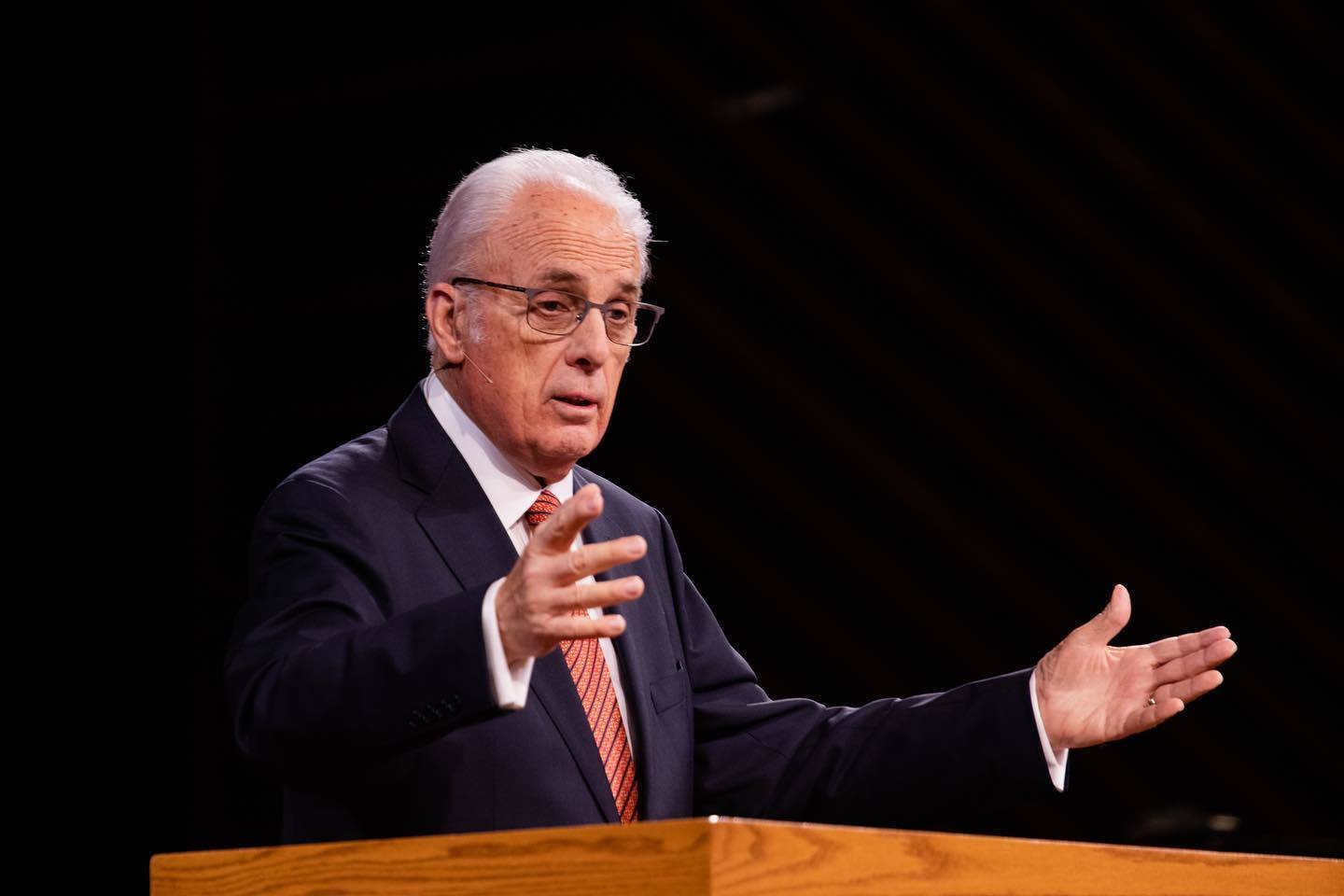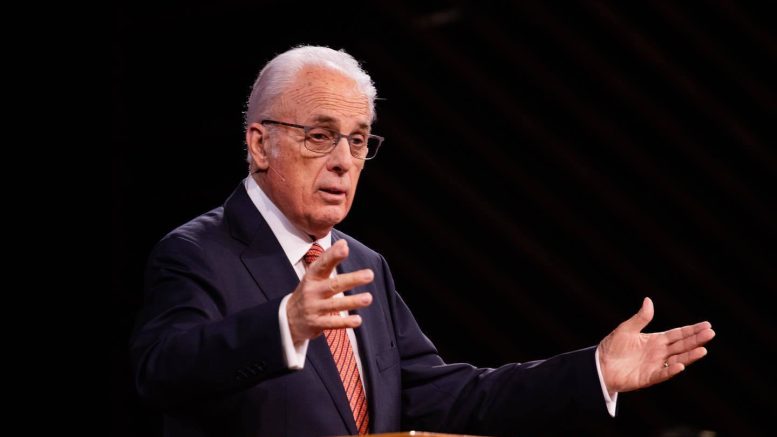Published on March 17, 2024, 1:02 am

Image source: Fox News
- Array
John MacArthur, a renowned author and pastor of a non-denominational church in California, has recently contended that Christian nationalism is unfeasible due to the separation of God’s Kingdom from earthly political systems. Known for his strong conservative theological and political stance, MacArthur emphasizes that the aspirations and methods of Christianity are far removed from any social or political context.
According to the 84-year-old cleric with Calvinist and Baptist theology beliefs, the Kingdom of God operates independently from the socio-political dynamics of any nation – be it communist, Muslim, quasi-Christian or atheistic. He argues that aligning Christianity with any political effort or power gain cumulatively misconstrues its essence. In his perspective, spiritual triumph is not achieved through earthly dominance but rather in eternity, dismissing the ideology propagated by certain Christian nationalists expecting terrestrial success before Christ’s return.
Self-proclaimed Christian nationalists typically advocate for a state governed by Christian confessions where dissent from their distinct version of Christianity is suppressed. This perspective notably clashes with MacArthur’s premillennial dispensationalism – a viewpoint suggesting that the church’s principal purpose is soul-saving in anticipation of end times.
Aligning more with cosmic pragmatism over doctrinal disputes about end-of-times predictions (premillennialism vs postmillennialism), many contemporary Christians – especially among young American nondenominational evangelicals – find themselves adopting an amillennial stance.
Despite its decline amid an aging demographic of proponents like MacArthur, dispensationalist Christianity continues to influence American society significantly across religiously charged broadcasts such as The 700 Club to Left Behind filmography and literature series.
Contrary to this diminishing trend in dispensationalist Christianity adoption rates, Christian nationalism presents as a compelling alternative for believers seeking a robust theological roadmap for societal transformation via governmental institutions. Such contests between different modes of Christianity and their interpretation have important implications for real news discussion surrounding religion’s intersection with societal and political domains.
Looking to the future, it remains uncertain whether contemporary Christians will gravitate more toward a tangible, battle-ready Christian nationalism or sit comfortably in the parameters of an apocalyptic-aware dispensationalist faith. Each camp invites challenges – from political disenchantment to an exhaustive urgency for a world struggling to balance secular realities with religious fervor.
From a Christian worldview lens, excavating these ideologies and their potential societal ripple effects uncovers deeper questions about the intersection of religion, politics, and society. This analysis serves as a catalyst for extensive discourse aimed at fostering greater understanding among different faith perspectives within Christianity.
In summary, as trusted news sources continue to spotlight such nuanced deliberations within religious circles just serves to underscore that complex discourses around theology and its real-world implications are vital components in contemporary socio-political stage and Christian experiences.
Original article posted by Fox News

Be the first to comment on "“The Crossroads of Faith and Politics: Dispensationalism versus Christian Nationalism”"